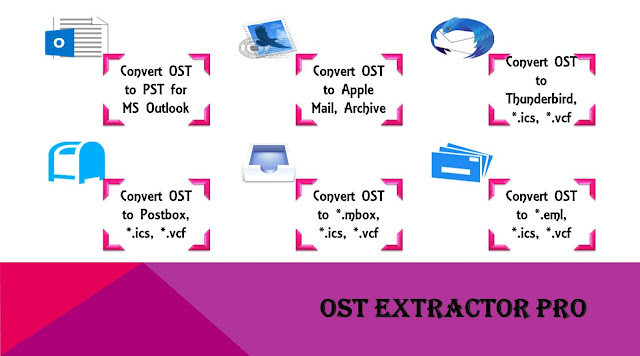4 elements users desire when transferring Thunderbird to PST!

The task of transferring Thunderbird to PST is taken up by the users to build copies of their data files that are completely in sync with their original database. The achievement of this desire means fulfillment of the under-mentioned 4 aspects: #1 Complete restoration of elements on data files : The email files contain several small and big items on them. Some examples could be contacts, calendars, notes, journals, attachments, graphics, nested messages, etc. For transferring Thunderbird to PST in entirety, it is essential that each one of these elements be restored on the final PST files. #2 100% conversion : Alongside conversion of each item on the files, it is important that all files be restored too. Thus, anything and everything that is uploaded onto the tool must be restored. #3 Maintenance of structure : The overall folder hierarchy structure of the data files must be preserved; only then the files can be used with full effect. #4 Size of data : The size of da...
